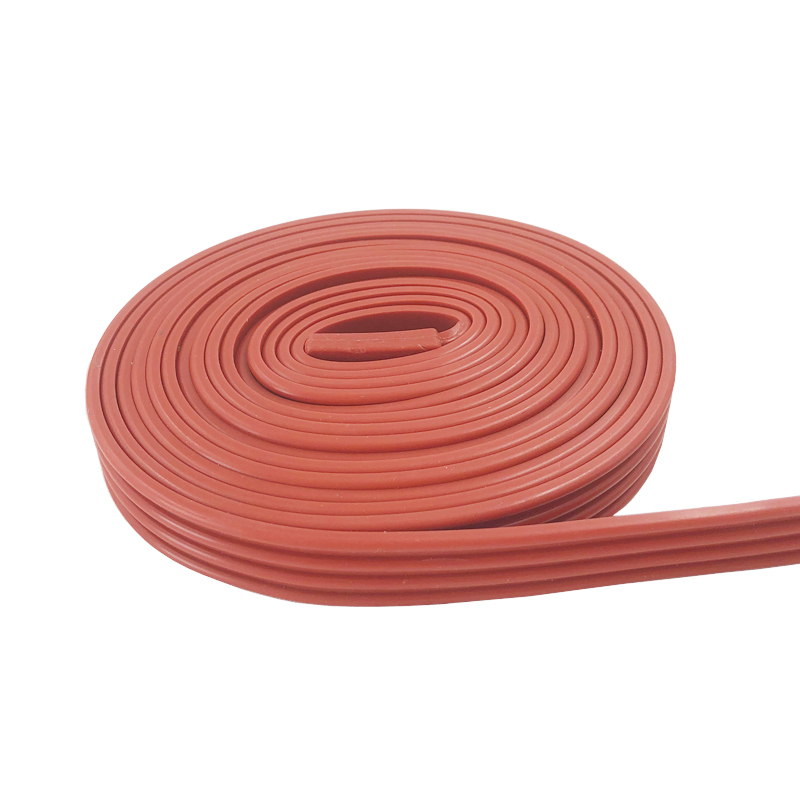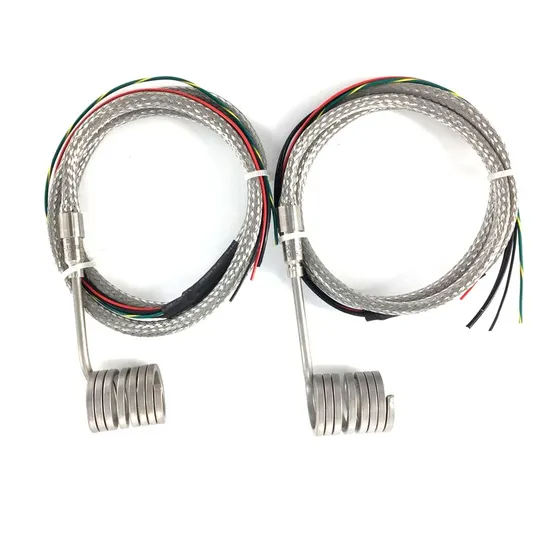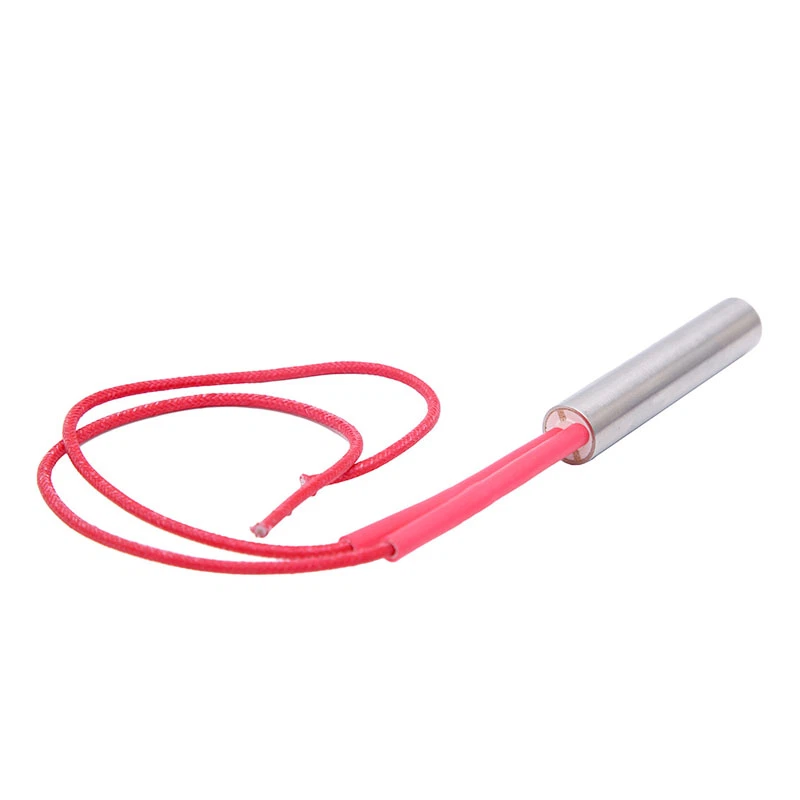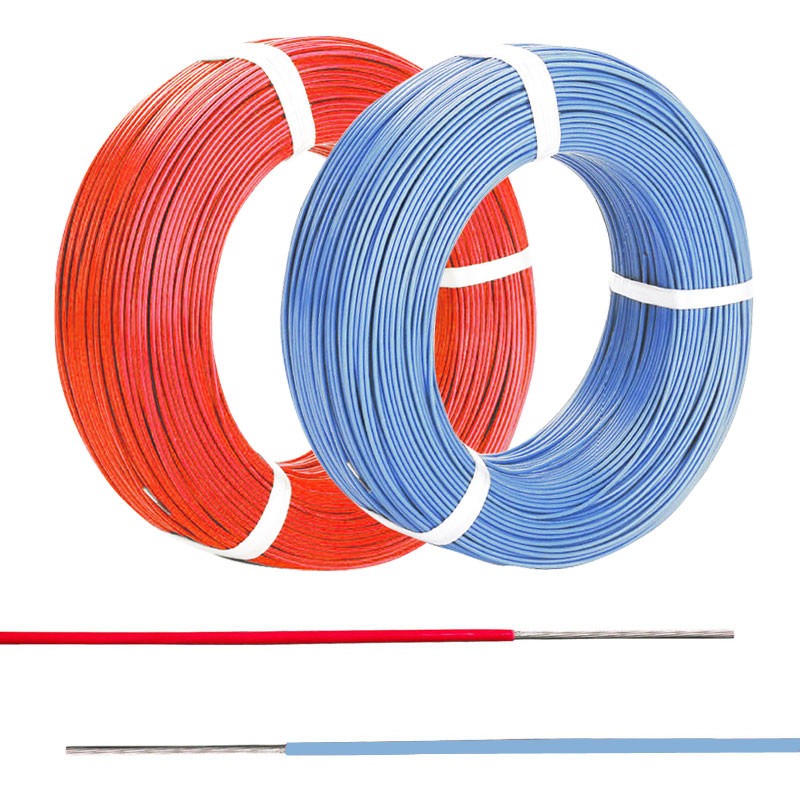A high temperature cable is essential for industries where heat resistance and performance reliability are critical. These cables are engineered to handle extreme temperatures, ensuring safety and functionality in demanding applications. From industrial machinery to aerospace systems, their role in maintaining seamless operations cannot be overstated. Here are five key benefits of using high-temperature cables, with actionable insights.
1. Enhanced Heat Resistance
High-temperature cables are designed to withstand extreme heat without degradation.
- Temperature Tolerance: These cables can endure temperatures as high as 1,000°F (538°C) or more, depending on the material.
- Safety Assurance: They minimize the risk of insulation melting, which is critical in aerospace, automotive, and manufacturing industries.
This capability ensures longevity and reduces the risk of system failures under heat stress.
2. Durability in Harsh Environments
High-temperature cables are built to last, even in environments with harsh conditions like abrasion, chemicals, or moisture.
- Chemical Resistance: Materials like PTFE and silicone provide resistance to chemicals and oils.
- Abrasion Protection: Reinforced coatings protect cables from physical wear, ideal for heavy-duty equipment.
These features reduce replacement costs and enhance reliability.
3. Electrical Stability
Even under high temperatures, these cables maintain consistent electrical properties.
- Reduced Signal Loss: High-temperature cables minimize signal interference, ensuring precise operations in machinery.
- Stable Conductivity: They handle voltage fluctuations effectively, safeguarding sensitive systems.
This makes them a go-to choice for medical devices and robotics.
4. Versatility Across Industries
High temperature cable is adaptable to numerous applications.
- Industrial Heating: Used in ovens, furnaces, and kilns, they can handle constant exposure to heat.
- Automotive Systems: Essential for engines and exhaust systems where extreme heat is prevalent.
- Aerospace Applications: Withstand the high temperatures of aircraft engines and space systems.
This versatility ensures their applicability across a wide range of sectors.
5. Compliance with Safety Standards
Manufacturers of high-temperature cables adhere to stringent industry standards.
- ISO and UL Certifications: These certifications ensure that cables meet high-performance criteria.
- Fire Safety: Many cables are flame-resistant, reducing risks in sensitive environments like data centers and laboratories.
This compliance ensures peace of mind for industries requiring robust safety measures.
Final Words
A high temperature cable is more than just a heat-resistant solution. It is a reliable, durable, and versatile component for various industries. Its ability to perform under extreme conditions ensures efficiency, safety, and cost-effectiveness in critical applications.














